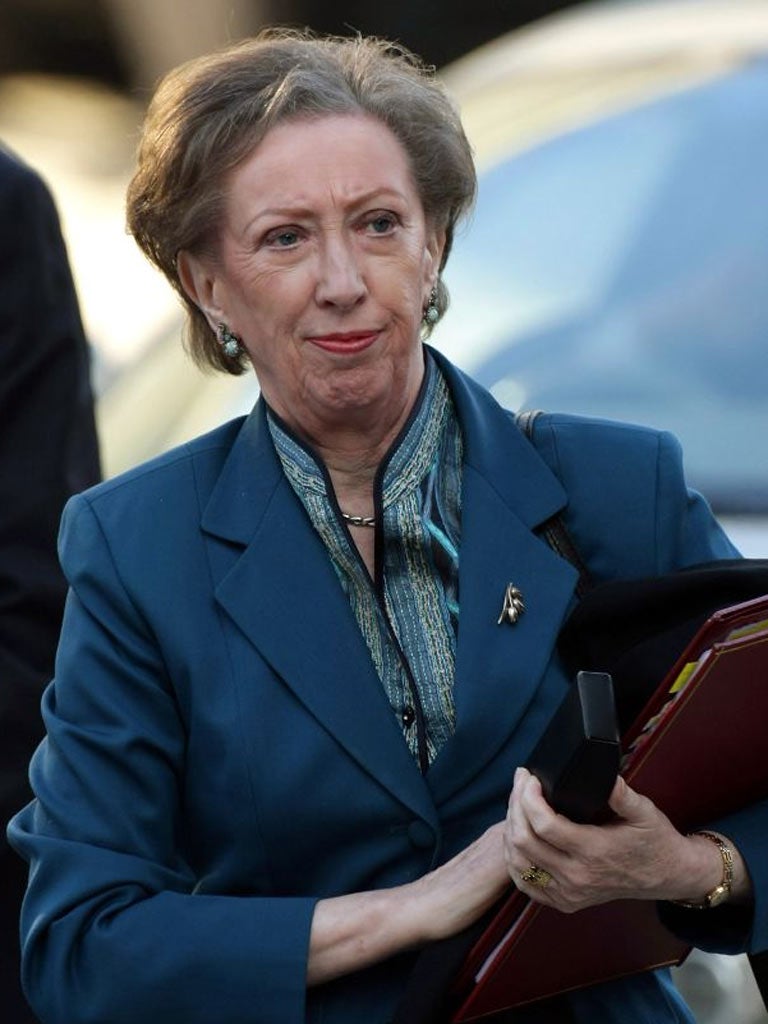Party row may halt donations reform

Hopes of a deal to clean up politics by limiting the influence of big donors to parties have receded amid a row between the Conservatives and Labour.
A wide-ranging plan to reform party funding will be published today by the anti-sleaze watchdog, the Committee on Standards in Public Life, chaired by Sir Christopher Kelly. It will appeal to all parties to seize the opportunity to take "big money" out of politics by agreeing a £10,000 cap on individual donations.
But the Labour and Conservative members of the committee refused to endorse its report in a sign that the dispute between the two biggest parties may scupper reform.
In a "note of dissent" seen by The Independent, Margaret Beckett, the former Labour Foreign Secretary, said she had "grave concerns" about the way trade union affiliation fees would be treated under the committee's proposals and warned that the Co-operative Party could be "driven out of existence".
Today's report calls for the affiliation fees paid by union members to be frozen at the current level of £3 a year and for members to opt in to paying annually instead of having to opt out as at present. Ms Beckett described the plan as "an unacceptable intrusion into the internal workings of a political party".
She said a proposal to treat donations to the Co-operative Party from individual co-op societies as a single contribution subject to the cap would be "crude" and "punitive".
Oliver Heald, a former Tory minister on the committee, has written a similar "note of dissent" opposing the planned £10,000 cap. The Conservatives, who have more big donors than other parties, favour a £50,000 ceiling and Mr Heald said their central income could be hit harder than Labour's by a £10,000 limit.
Labour will accuse David Cameron of trying to kill off a consensus on the committee so that the present funding system would survive. The Tories' higher income from donors allowed them to outspend Labour at last year's election by more than two to one.
The Kelly report's most controversial proposal is for the parties to be given up to £100m of taxpayers' money over five years to compensate them for the lost income that a £10,000 cap on donations would mean. The extra grants would be based on £3 for every vote won at the previous general election.
Join our commenting forum
Join thought-provoking conversations, follow other Independent readers and see their replies
Comments
Bookmark popover
Removed from bookmarks